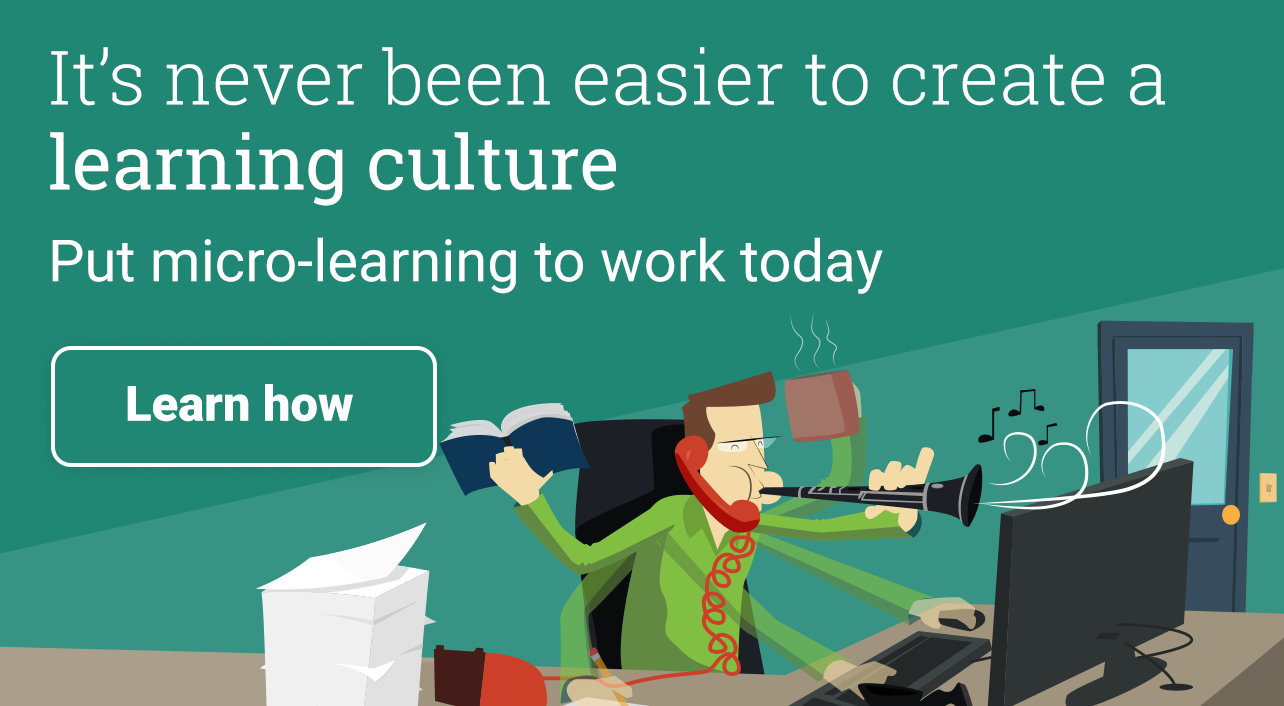- rli
- Blog post
Online training: Don’t let experts short-circuit social learning
It’s safe to say that thanks to the Covid crisis, most of us are now accustomed to conferring with colleagues, holding team meetings, and following training courses through virtual platforms.
But when it comes to virtual learning, I wonder whether we’ve sufficiently considered the implications of the little communities that form for short durations on Zoom, GoToMeeting or Skype.
I’m thinking about one implication in particular: The idea that social learning can be at least as powerful, if not more, than learning from experts.
A little help from their friends
This idea goes back well before the pandemic, to 2014, when Harvard Business School was launching its HBX online education initiative. Three economists who are professors at the school studied the program’s early results, and came up with a startling finding: When students were struggling to grasp a concept, their peers were very good at talking them through it — so good, in fact, that most of the time there was no need for the expert(s) leading the learning group to intervene. In fact, in 90% of cases, the professors wrote, students’ questions were “precisely and accurately answered by the peer group.”
The main challenge for the experts? Having the patience not to jump in ahead of the peers of those who were struggling!
Here’s what the professors had to say:
“Trust the students,” we preach in our classrooms. It’s one of the hardest axioms to follow. The temptation for an expert, or a teacher, is to help at the first sign of confusion. But letting it simmer can aid learner discovery. Indeed, the power of collaboration comes when you trust the group so that they are strongly encouraged — forced, even — to resolve problems on their own. Let an expert intervene, and you could undermine collaboration itself.
‘Crowding out’ discovery
It’s not that experts are redundant when it comes to online and virtual learning: The Harvard professors noted that its faculty and course associates had spent months creating the HBX content, and their special expertise was necessary for this purpose.
It’s rather that social learning — learning from and with one’s peers — is very powerful in facilitating understanding, retention, and learning by discovery. “Have the expert intervene too early, and it can crowd out discovery,” they wrote.
It’s not hard to see the kind of lessons that can be drawn for virtual learning and training within organizations. Some of these:
- Experts conducting the training should resolve not to speak too much or too long. It doesn’t help when an expert goes on for 45 minutes and then asks whether there are questions. By then, most groups will be so anesthetized that nobody will pipe up, even if they do have questions.
- The structure of virtual learning sessions should include built-in breaks every 10-15 minutes or so, to allow learners to “raise their hands.”
- Learners should be encouraged to use the chat applications within the meeting platform, and the expert leaders should stop to address the issues raised in chats and elicit the views of other learners on these issues.
- The etiquette of the learning group should not automatically penalize learners who “jump in” before the expert has finished a full explanation of a concept or problem.
Encourage these behaviors so as to get the maximum benefit of social learning out of your virtual training.
This blog entry is based on the following article: Anand, B., et al. (2015). What Harvard Business School Has Learned About Online Collaboration from HBX. Harvard Business Review, April 14, 2015.

Get a demo of all our training features
Connect with an expert for a one-on-one demonstration of how BTS Total Access can help develop your team.




